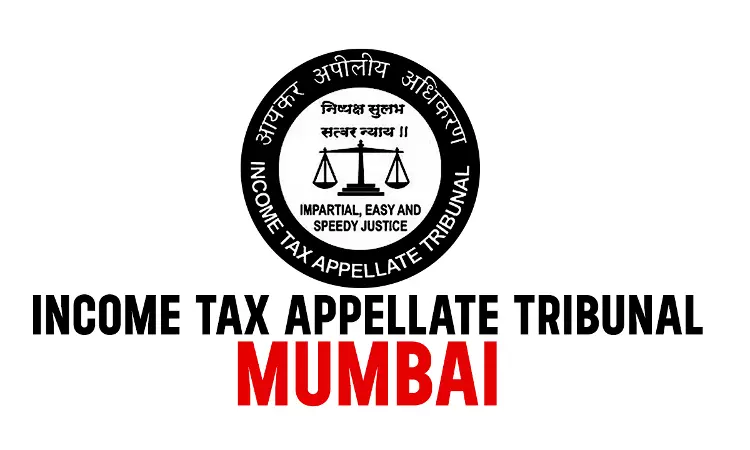On finding that the liability of payment to Core SGF by the assessee is ascertained, the Mumbai ITAT held that it cannot be added back as per clause (c) of Explanation-1 to section 115JB(2) of the Income Tax Act. The Bench of the ITAT comprising of Aby T. Varkey (Judicial Member) and S Rifaur Rahman (Accountant Member) observed that “in assessee's own case for AY 2016-17 this...

